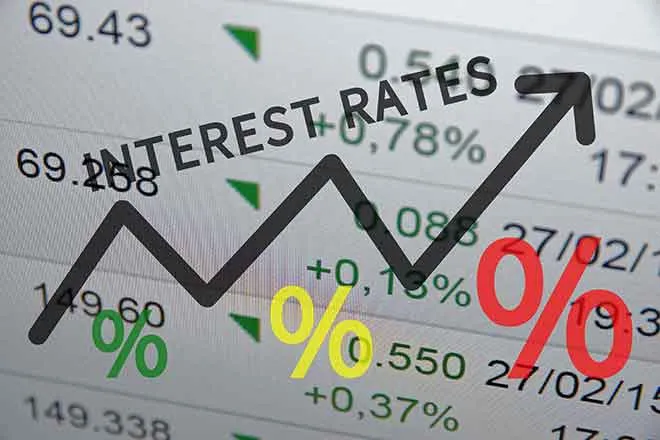
Smaller TABOR refunds expected over next three years
(Colorado Newsline) State economists predict that Coloradans will receive refunds under the Taxpayer’s Bill of Rights for the next few years, though they will not be as large as the two most recent fiscal years.
Colorado taxpayers are slated to receive $800 back when they file their income taxes next year as the state refunds revenue collected over the constitutional TABOR cap, state officials told the Joint Budget Committee during a routine economic forecast on Wednesday morning. In total, the state is refunding $3.7 billion in revenue over the cap, which is calculated using population and inflation.
Taxpayers can expect some sort of TABOR refund for the next three years, according to economists from the Governor’s Office of State Planning and Budgeting and Legislative Council Staff.
“We expect TABOR refunds throughout the forecast period because revenue is at a much higher base and should continue to stay above the TABOR cap, although not at as elevated levels as we’ve had the past couple of years,” OSPB economist Will Mixon said.
Taxpayers received $750 refunds for the 2021-2022 fiscal year.
The OSPB predicts excess revenues of about $1.7 billion for the current fiscal year, $1.3 billion for the 2024-2025 fiscal year and $1.4 billion for the 2025-2026 fiscal year. The office attributed the increase largely due to income revenue.
The LCS economists predict about $1.8 billion in excess revenue for the next two fiscal years and about $2 billion for the 2025-2026 fiscal years.
That excess revenue will need to be returned to Colorado taxpayers from a variety of mechanisms the state has at its disposal. Next year, taxpayers will get that $800 through higher tax returns or reduced tax bills. The Legislature passed a law during the recent special session to make TABOR refunds identical for the 2022-2023 fiscal year. Typically, TABOR refunds depend on a filer’s income, with higher earners getting more money back.
According to the economists, Denver is experiencing higher inflation than the rest of the country, and the state’s unemployment rate is ticking up as the country’s rate remains steady. Colorado’s non-farm job growth is slightly below the national average.
On the positive side, consumer demand is outpacing expectations and consumers have disposable income.
OSPB revised up its General Fund revenue predictions from September for two of the next three fiscal years. That includes about $17.6 billion for the 223-2024 fiscal year and $19.1 billion for the 2025-2026 fiscal year.
Like other economic forecasts this year, state economists said that growth is slowing with the risk of a nationwide recession. That risk is lower than before, but still present with geopolitical uncertainty and high inflation.
“The global economy is pretty fragile right now,” Greg Sobetski, LCS chief economist said. “The U.S. economy is strong relative to what’s going on around the world at the moment, (though) the U.S. economy remains susceptible to shocks that originate from elsewhere.”
He said that excluding a recession, however, the JBC’s budget constraints will be mostly determined by the TABOR revenue cap.
Colorado Newsline is part of States Newsroom, a network of news bureaus supported by grants and a coalition of donors as a 501c(3) public charity. Colorado Newsline maintains editorial independence. Contact Editor Quentin Young for questions: info@coloradonewsline.com. Follow Colorado Newsline on Facebook and Twitter.

















